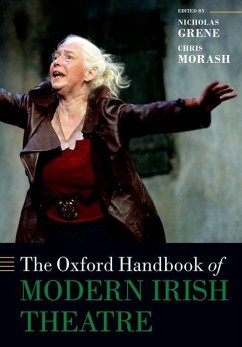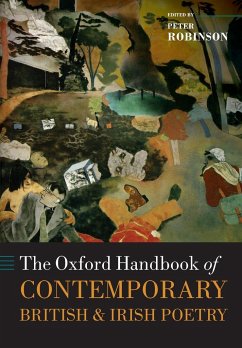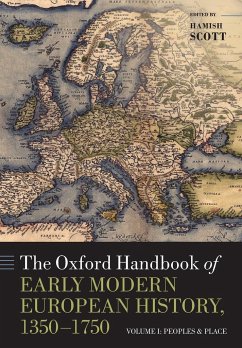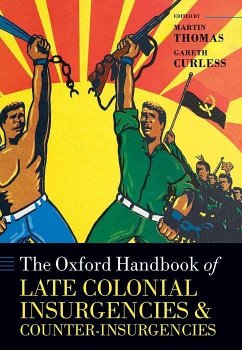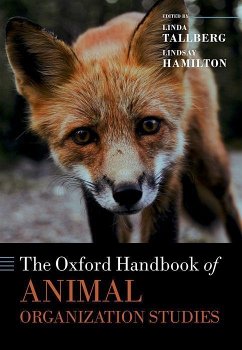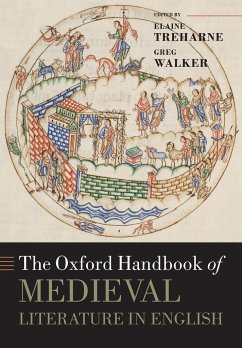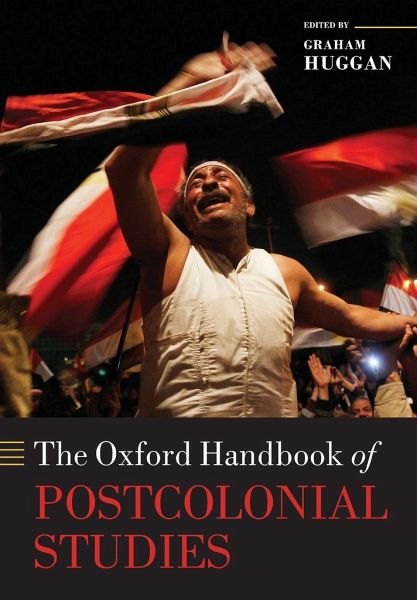
The Oxford Handbook of Postcolonial Studies
Versandkostenfrei!
Versandfertig in 1-2 Wochen
61,99 €
inkl. MwSt.

PAYBACK Punkte
31 °P sammeln!
The Oxford Handbook of Postcolonial Studies is a major reference work, which aims to provide informed insights into the possible future of postcolonial studies as well as a comparative overview of the latest developments in the field.





